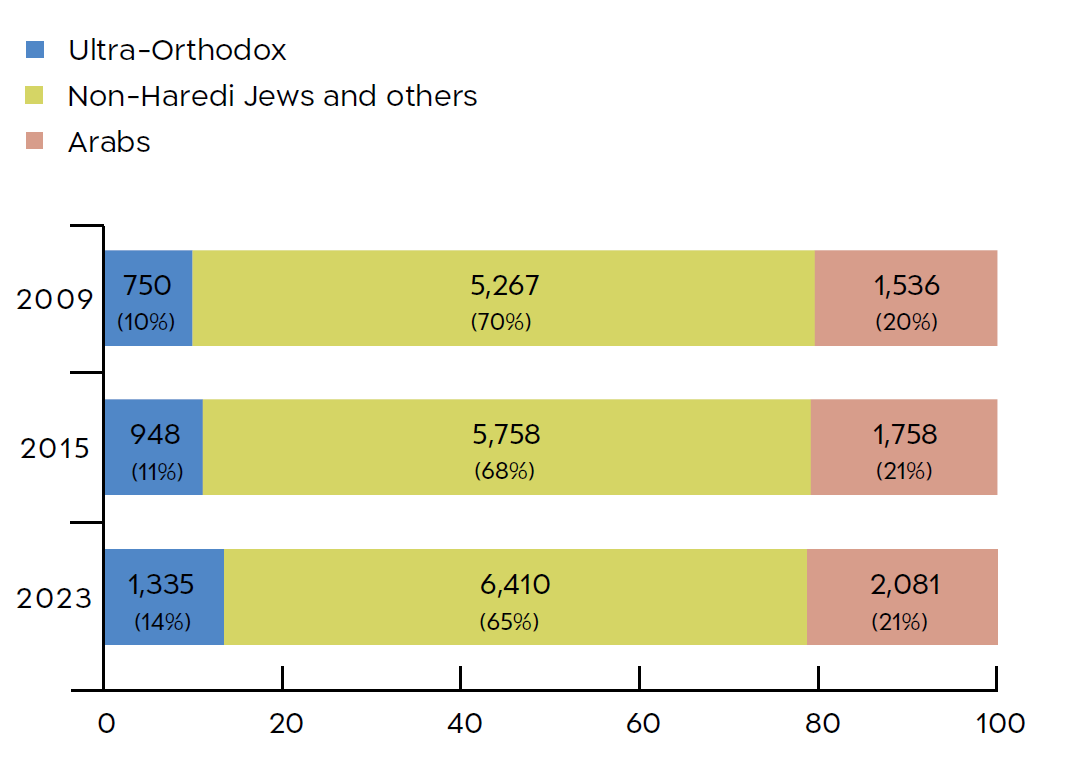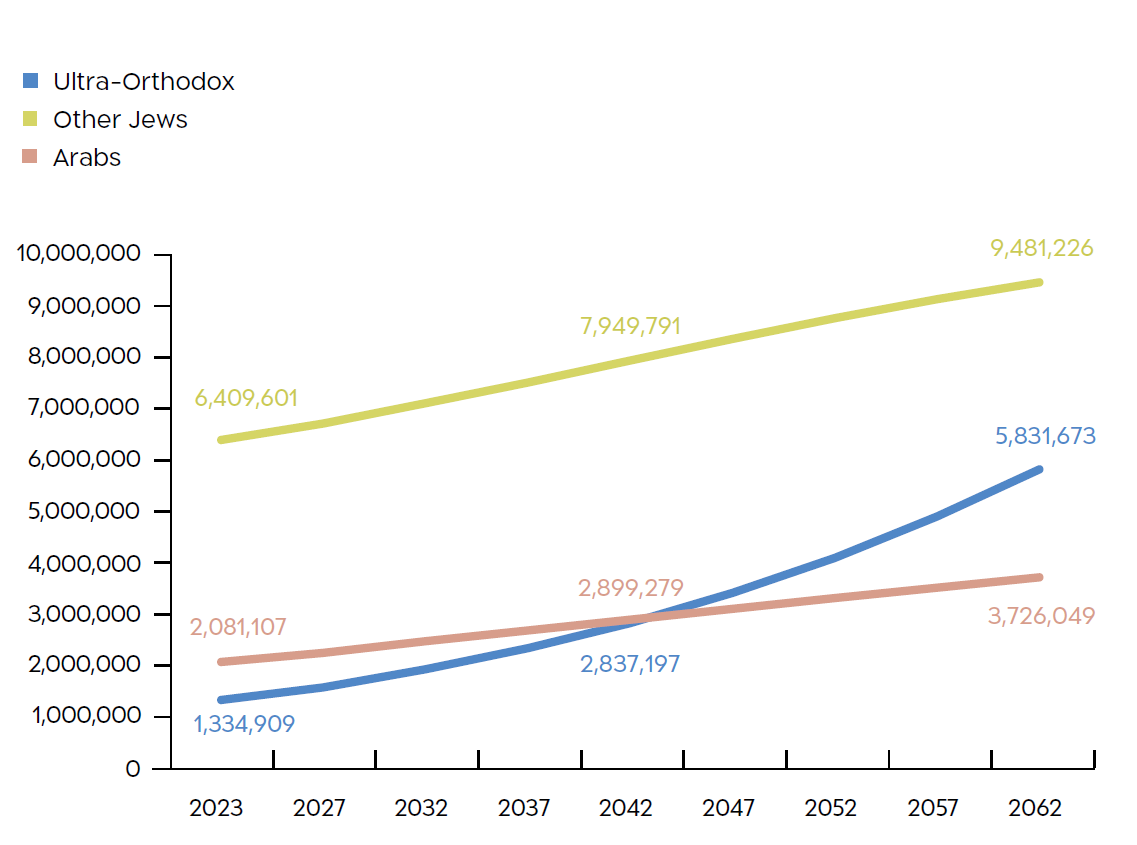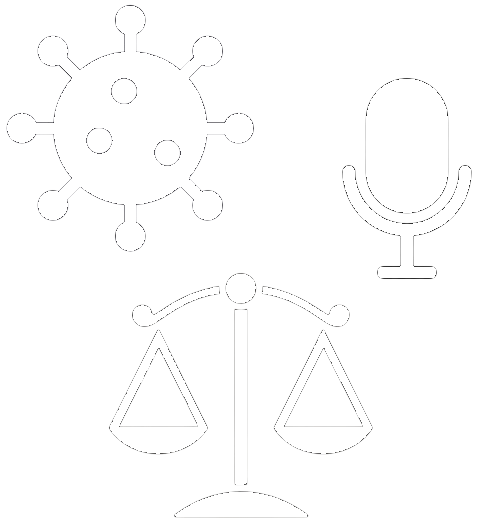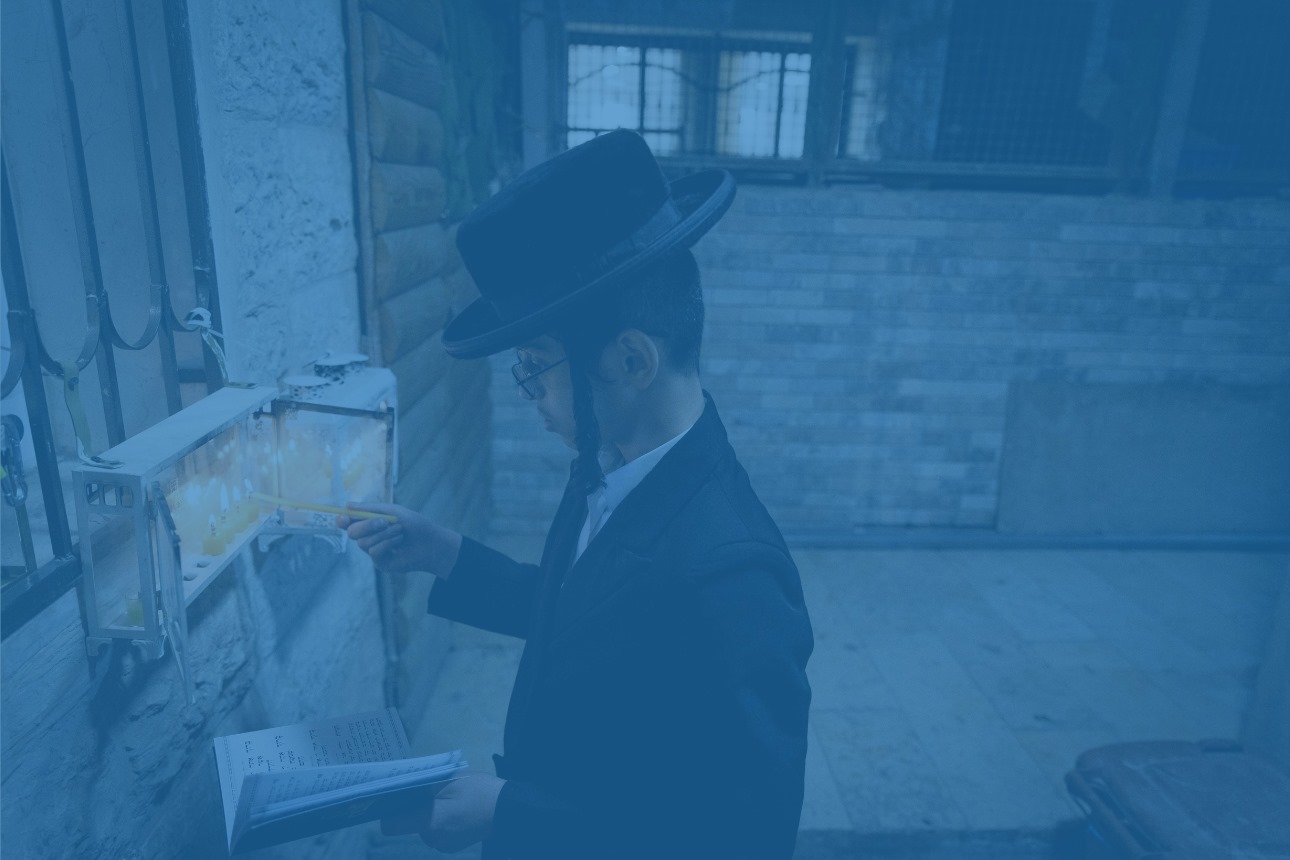Population
Chap. 1
The growth rate of the ultra-Orthodox (Haredi) population in Israel is the highest of any of the populations in developed countries, at around 4% per year. The factors underlying this particularly rapid growth are high fertility rates, modern standards of living and medicine, a young average age at marriage, and large numbers of children per family. Consequently, the ultra-Orthodox population in Israel is very young, with around 60% under the age of 20, compared with 31% of the country’s general population. In 2023, the Haredi population numbered around 1,335,000, up from 750,000 in 2009, and constituting 13.6% of Israel's total population. According to Central Bureau of Statistics (CBS) forecasts, its relative size is expected to reach 16% in 2030, and it will number two million people in 2033.
Population of Israel, by population group (in millions)

Population forecast, by population group

Analysis of the patterns in the ultra-Orthodox family over the last decade and a half, reveals a sizable drop in fertility rates, from 7.5 live births per woman in 2003–2005 to 6.4 in 2020-2022. Despite this decrease, this rate is still much higher than the average fertility rate among other Jewish women in Israel, which stands at 2.5. The average age at first marriage among ultra-Orthodox men was around 23 in 2021, and around 22 among ultra-Orthodox women, and the average age at birth of the first child was 24 for men and 23 for women.
The geographical distribution of the Haredi population reveals two “capital cities”—Jerusalem and Bnei Brak, which were home to 41.5% of Israel’s ultra- Orthodox citizens in 2022 (24.4% in Jerusalem and 17.1% in Bnei Brak). An additional 26% live in a series of ultra-Orthodox satellite cities, including Beit Shemesh, Modi’in Illit, Beitar Illit, and Elad. A third group can be found in more established large cities such as Ashdod, Petah Tikva, Haifa, Rehovot, and Netanya, in which 11% of the ultra-Orthodox population reside. Together, these three categories of localities with a high percentage of the Haredi population—encompassing 11 cities in total—account for 78.5% of the ultra-Orthodox population of Israel.











